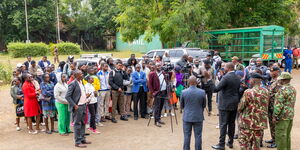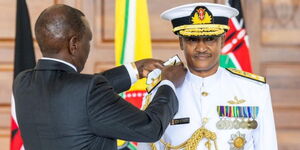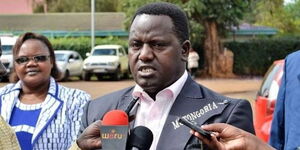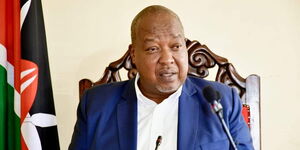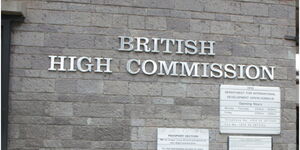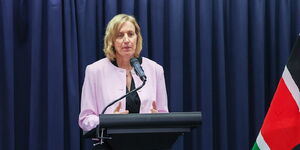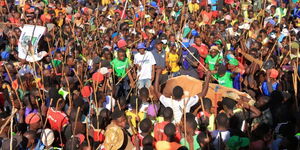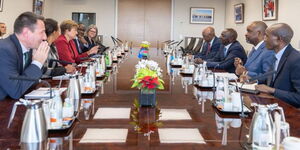Kenyan officers deployed in Haiti have been given a major boost after the United Nations approved an extension of the political mandate in the troubled Caribbean nation.
On Monday, the United Nations Security Council voted unanimously to extend the mandate of its political mission in Haiti, affirming the importance of the office in supporting ongoing efforts to stabilise the country both politically and in terms of security.
The new mandate could pave the way for Kenyan officers to receive a boost or an extension to their deployment, which was initially set to end in October 2025. However, it remains unclear whether the mission itself will be formally extended.
Notably, the United Nations has extended its political mandate in the country until January 31, 2026—a move seen as a signal of continued international engagement.
The decision suggests that the UN may soon consider extending the security mandate for the Kenyan-led peacekeeping force, especially as the host nation continues to grapple with rampant gang violence.
While no final determination made on the military component, the extended political presence underscores the global body’s recognition that the crisis is far from over. The UN noted that the political mission remains critical in facilitating progress amid the ongoing humanitarian and governance crises that have plagued Haiti for years.
''By adopting resolution 2785, the Council renewed the authorization of the UN Integrated Office in Haiti (BINUH), reaffirming support for a Haitian-led solution to the island nation’s overlapping crises,'' a statement from the UN read in part.
The mandate supports the broader Multinational Security Support (MSS) mission, in which Kenya is playing a leading role. However, unlike in previous years where the UN Integrated Office in Haiti (BINUH) received 12-month extensions, the latest resolution allows for only six and a half months.
The resolution was co-sponsored by the United States and Panama and reflects a cautious but deliberate move by the international community to maintain a presence in Haiti, while closely monitoring political developments and the performance of foreign security missions, including the Kenyan-led force.
The decision comes as armed gangs maintain their grip on most of the capital, Port-au-Prince, with over 1.3 million people displaced and more than 4,000 killed in the first half of 2025 alone, according to UN figures.
''Conditions have deteriorated dramatically amid growing food insecurity and the erosion of public institutions. Of particular concern is the safety of women and girls, with a sharp rise in reports of sexual violence since the start of the year, including rape, gang rape, and sexual enslavement,'' the UN said in a report.
The Kenyan peacekeeping mission has suffered setbacks in its mission as the gang continues to intensify and ravage the nation.
In February, António Guterres presented the Council with a range of options. He urged Member States to support the Multinational Security Support (MSS) mission, which the Council authorized in October 2023 to assist Haiti’s national police in tackling gang violence and restoring order.
He also emphasized that international efforts to improve security must be matched by national progress toward resolving the political crisis.

